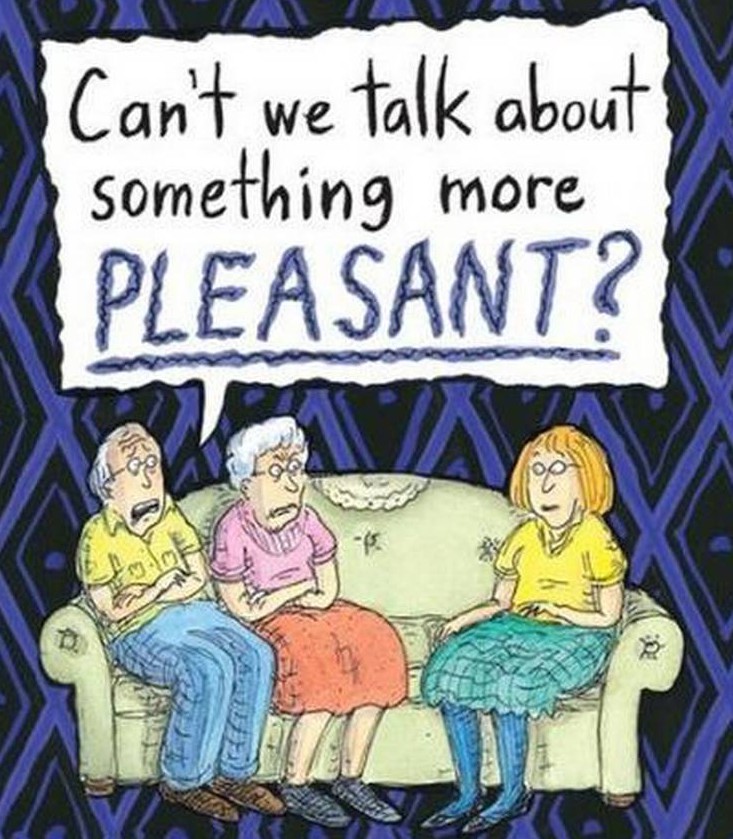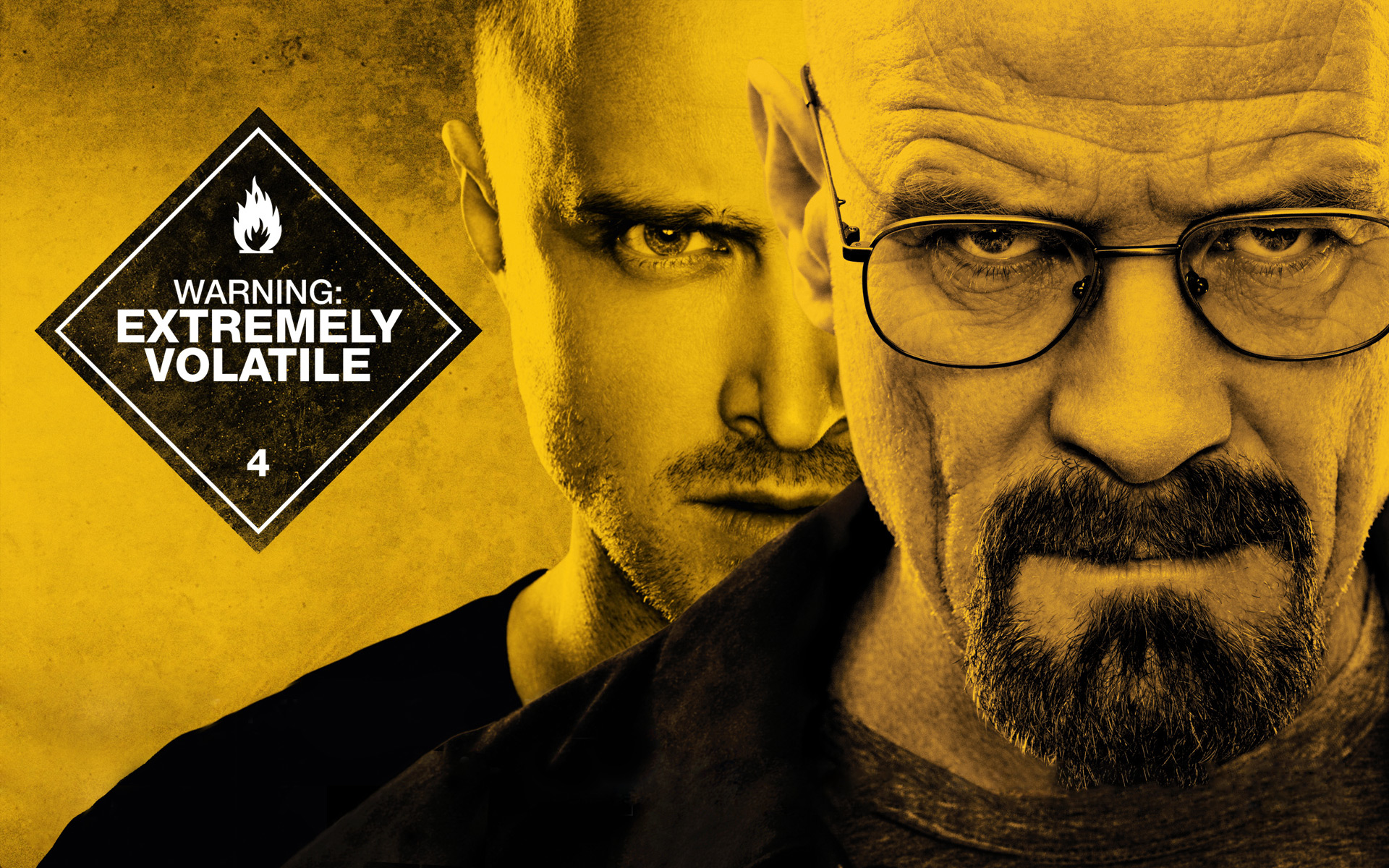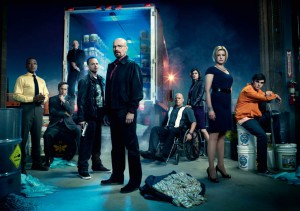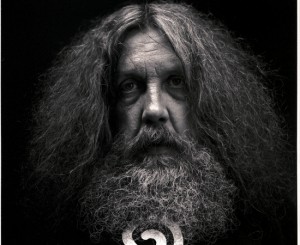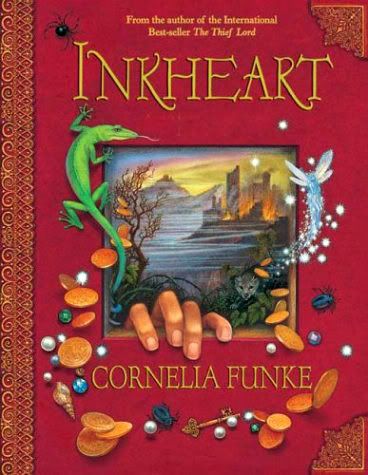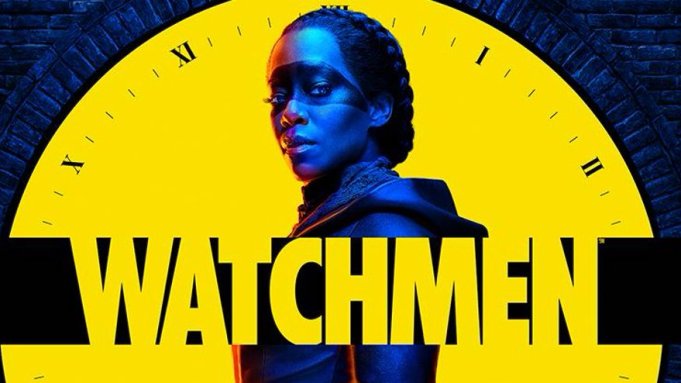
A week before the first episode of the Watchmen TV show aired on screen, I found myself writhing with complex emotions about my own intentions. Burdened with the weight of my love for the graphic novel and the creator who has disavowed any media spin-off, completely disillusioned by DC/Warner’s attempts so far to rape the corpse monetize the brand. The 2008 movie adaptation, which I eventually got around to sitting through, is like bleaching your eyeballs and . There was a bucketload of interconnected prequels called Before Watchmen, written by corporate hacks and designed to suck out every ounce of mystery in the series’ backstory, copies of which now frequent bargain bins. Moore-wannabe Grant Morrison has of course been ejaculating occasional spurts of verbose comic scripts over the years, each attempt touted as the next series that will out-Watchmen Watchmen, to no avail. Even as I write this, Fanboy-turned-Nostalgia-Humper Geoff Johns is wrapping up his 12-issue corporate manifesto, called Doomsday Clock, which is a concerted effort to incorporate the characters of Watchmen into the DC Universe proper. Because why bother with something that is one of a kind, when you can have multiple mediocre copies? (See also: Star Wars sequels, “franchises”)
Yet. I could not resist the siren song of the “fresh take” that the HBO TV series promised, the endless cross-media sound-bytes about respect and wanting to abide by the spirit of the original series. There it was, the curiosity of the pop-culture optimist that desperately wants to believe that it is possible to improve on the past without shitting all over it. I would like to think that it’s never been my position to confine myself and to wallow only in things gone by, especially when it comes to the arts. Every year, there are new books and music, films and comics that leave me flabbergasted and filled with enormous joy at how they chart new paths despite all that has gone by. Yes, Alan Moore and Dave Gibbon’s Watchmen was…is incredible. But if a creator comes out and says he can remix it, my interest is piqued.
But there was trepidation, too. This was Damon Lindelof, the guy that, for every season of Lost, also has Star Trek: Into Darkness. For all the good he has done with adapting Tom Perrotta’s Leftovers, let us not forget that he also co-wrote Cowboys vs Aliens. Which side of the shit/gold bucket would this attempt be shelved?
Three episodes in, and I wasn’t expecting this.
This. THIS. Sitting down on a weekday night to write about a show that is just three episodes in. I wasn’t expecting the universal adulation that would make me sit and watch the first episode the day it was aired. I definitely did not think that Angela Abar and Judd Crawford would scratch that corner of my brain that, in times past, Walter White and Jessie Pinkman seared with guns, acid, and dark dramedy. At the end of every hour-long episode, I have wondered at the things I did not notice in this densely-packed motherloving work of love, and have marveled at threads that were woven, tightened, and dangled in front of me. Three episodes in, and I am all in. There has to be a substantial amount of fucked-up ball drops in the next six episodes for me to change my mind, and based on empirical evidence, I don’t think that will be the case.
Random things off the top of my head:
- The first episode has people saying out the Roman poet Juvenal’s Latin phrase out loud, the very same phrase that the name of the series and the book are derived from.
- Robert Redford’s ascension to the Presidency was hinted at in the last page of the graphic novel, as was the publication of the Rorschach papers
- Pagers and rotary phones instead of the Internet is a bold idea
- The first words Louis Gossett’s character says to Angela: “Do I look like somebody who can lift 200 pounds?” refers to their next meeting, under the tree
- Time seems to pass differently around Adrian Veidt and his acolytes, and I wonder if this arc is the Black Freighter equivalent of the book
- Scenes mirror the beats in the book, and there are red herrings. The shooting of the policeman in the car in the very first scene turns out to not be the death that launches the story.
- Pirate Jenny, Red Scare, Sister Night, and Looking Glass are excellent vigilante names
- The interplay of words, voice-overs, scene transitions, and narrative beats is eerily precise, just like the book. The final scene of episode 3 is not just a denouement to the brick-layer’s daughter theme of the episode, it is an echo of the last lines spoken in episode 2.
- I don’t own a record player, and I have made myself a promise to never buy vinyl, but the three-LP soundtrack to the series, of which the first one has been released and the other two are due later this month, is the closest I have come to breaking this vow. The drone-and-beat infused sonic washes that Trent Reznor and Atticus Ross are known for suit the mood and tone so, so much.
- Did you know about the Peteypedia, HBO’s “enhanced materials” website that accompanies every episode of the show?
Tick tock, five days till next episode.
